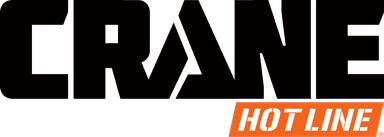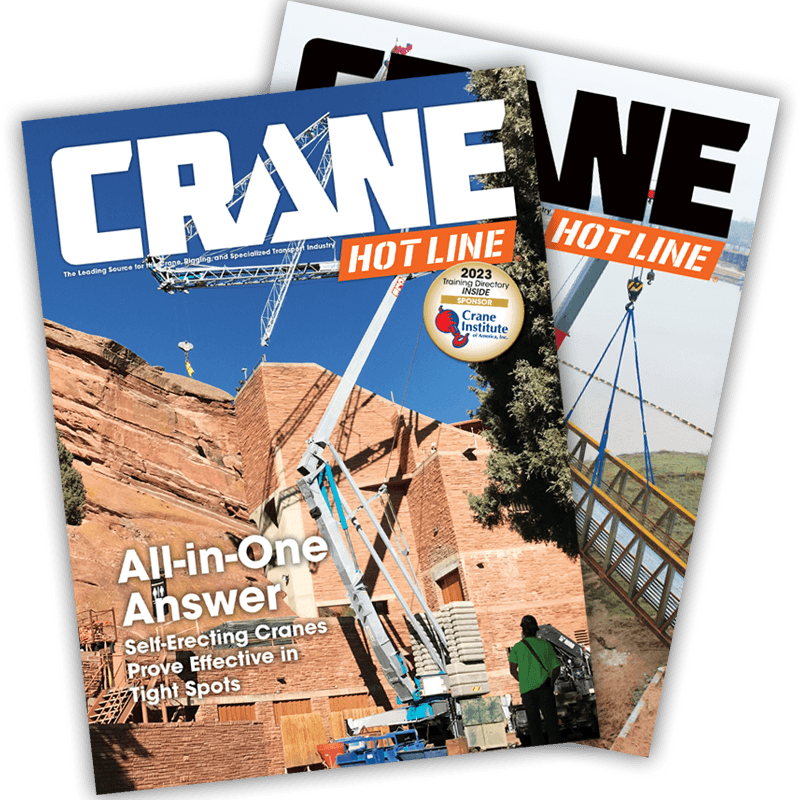Reducing Your Liability
The prospect of employees charged with driving under the influence or vehicular homicide should concern every employer who provides company vehicles. The behavior and actions of those drivers directly impact you and your dealership. You can be held legally and financially responsible for injuries caused by someone who is operating a company owned vehicle.
"Vehicle safety should be a key part of the safety philosophy of the entire dealership," says Rich Brengelman, director of underwriting for Universal Underwriters Group's dealer division. "If dealership vehicles are operated safely, everyone wins."
Considering how much of a dealer's fixed costs go to insurance premiums, Brengelman says instituting a fleet management program is an excellent cost-management procedure.
Driver training, vehicle maintenance, and consistent safety meetings are simple precautions that can help your dealership avoid catastrophic vehicle liability loss.
Driver Training
Hiring the most-qualified people to drive company-owned vehicles is the first step to protecting your business. Universal Underwriters Group suggests accomplishing this by defining job requirements and then determining the driver's ability to meet those requirements. When selecting a driver, require a completed application and a valid driver's license for the state in which the applicant will have to drive.
Review the applicant's Motor Vehicle Record (MVR), but note that your use of this record requires strict compliance with all laws, including but not limited to the Fair Credit Reporting Act. Consult with your legal counsel regarding the laws that govern your use of these records.
Check previous employer references to see if the candidate has any previous vehicular liability losses. In addition to a personal interview with the department manager, the individual should take and pass a physical examination and drug test; pass a written test on traffic regulations and driving attitudes; and pass a road test in the type of vehicle to be used at work. Once these requirements have been met, the candidate should be required to successfully complete a probation period.
Once the individual is hired, begin the most important step: training. Training employees in safe vehicle operation is the number one way to address vehicular liability exposure.
New employees should be educated on vehicles, maintenance, safe work practices, company policy on vehicle safety, and rules and procedures stressing the driver's responsibilities for vehicle safety.
Department managers should observe the driver's performance, conduct periodic reviews of a driver's personnel file and motor vehicle record, and listen to the comments and complaints from others. Listening to customer complaints lets the drivers know you will respond.
Vehicle Maintenance
Even the safest, most conscientious driver is a risk to others when driving an unsafe vehicle. An effective vehicle maintenance program can reduce mechanical failures that could contribute to accidents. Universal Underwriters Group recommends bringing vehicles in for a thorough inspection or maintenance every 90 days or 5,000 miles.
A maintenance program should include a regular maintenance schedule that meets manufacturer guidelines and pre-and post-trip vehicle inspections. Vehicle inspections are critical for the safety of your drivers and everyone else on the road. By taking a few minutes to check the vehicle for areas in need of repair, your employees could avoid an accident and, perhaps, a costly vehicular liability claim. Maintain a file of individual maintenance records for each company vehicle. Also, regularly check the vehicle's exterior and interior condition.
When a vehicle is in need of repair, give priority to safety-related deficiencies. For example, repairing worn-out brakes should take priority. Any time the safety of a vehicle is compromised because it's in need of repair, it should be placed out of service.
When Accidents Occur
Thorough accident investigations play a key role in preventing future accidents-especially when the dealer or general manager conducts part of the investigation.
To show your employees you are truly interested in the safe operation of vehicles, interview employees who are involved in accidents. Find out what happened and what can be done so that it will not happen again.
If your employee was at fault, issue a stern warning that it must not happen again. Word will quickly spread that you are serious about vehicle safety.
Don't take safety for grantedn
Teaching employees safety is another important aspect of protecting your business from vehicular liability exposure.
Discuss speeding at your next safety meeting. The National Highway Traffic Safety Administration (NHTSA) says in 2002, speeding was a contributing factor in 31 percent of all fatal crashes, resulting in the loss of 13,713 lives.
"The trick is not to give them an incentive speed," says Daryl Allegree, Universal Underwriters' manager of loss prevention. "You don't want to say 'Run this part over to so-and-so as quick as you can and then get right back here'. Don't give the impression you are encouraging them to speed just to get the delivery to the customer quickly."
Allegree says requiring the employee to pay part or all of a vehicle accident deductible is a strong motivator.
"It can help increase awareness and prevent accidents of all kinds," he says. "Accident investigations, driver monitoring programs (such as 1-800 How's my driving?), loss prevention incentive programs, strict hiring procedures, and annual MVR checks are essential."
Training helps
When it comes to educating employees about safe driving habits, numerous resources are available.
National Safety Council, www.nsc.org , 630-285-1121.
The Smith System Driver Institute, www.smith-system.com , 800-777-7648.
JJ Keller & Associates, www.JJKeller.com , 877-564-2333.
The AAA Foundation for Traffic Safety, www.aaafoundation.org , 202-638-5944.
This article was written by the CED editorial staff based on interviews with Rich Brengelman and Daryl Allegree of the Universal Underwriters Group, Overland Park, Kan., which provides insurance for businesses that sell or service autos, trucks, motorcycles, and equipment and to auto recyclers. Contact Universal Underwriters Group at www.UniversalUnderwriters.com or 800-840-8842, ext. 1258. CED is the official publication of the Associated Equipment Distributors, Oak Brook, Ill. Contact AED at www.aednet.org or 800-388-0650.

